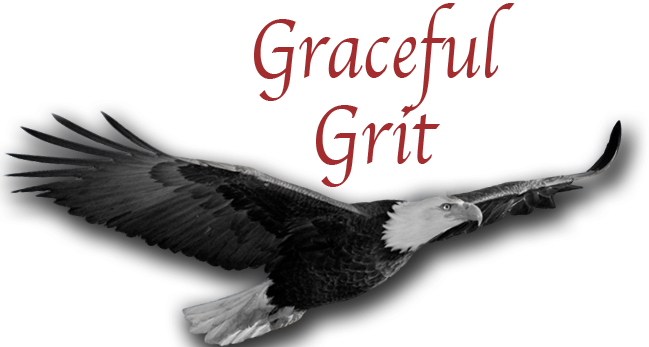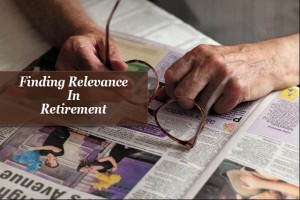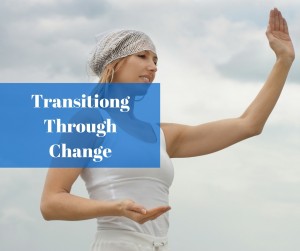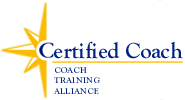VICTIMS ON THE CO-DEPENDENCY TRIANGLE ∇
Most people react to life circumstances through a role of victim. And we are usually unconscious of how easily we fall into victim-hood as a default manager for our life.
There is evidence of how we assign ourselves as victims everywhere. Early in life we learn to declare circumstances “unfair” We feel that life has be done to us rather than created by us. Every child makes the statement, “it’s not my fault.” And we begin our journey around the Drama Triangle.
Lynne Forrest, http://www.lynneforrest.com, outlines three positions that surround victim-hood. She names the Persecutor, the Rescuer and the Victim as points on an upside down triangle. The Victim is in the bottom “point” of the triangle. The Persecutor and the Rescuer are in the two top corners of the triangle.
THE ROLE OF RESCUER
Rescuers often have a need to fix a situation or problem. They have a parallel need to feel important or recognized for their efforts. Since a rescuer fears not having anyone there for them, they turn to taking care of others. In making themselves indispensable, they avoid their fear of abandonment. There will always be someone in a rescuer’s life who is sick or fragile or dependent on their care.
Caregivers are often lured into the role of rescuer. Rescuers are usually proud of their role and are acclaimed as selfless and helpful. What they do not recognize is that they often end up as victims, resenting the restraints of caregiving others and what it costs them.
THE ROLE OF PERSECUTOR
Persecutors need be right. A persecutor has learned to meet their needs by acting as the authority, the controller and the punisher. They may attack, lecture and be “the smartest person in the room”. AND…they need someone to blame.
Their greatest fear is being powerless. Although strong in their presentation, persecutors feel inadequate and resort to passive aggressive acts to “get even”.
Persecutors ill use people while justifying their need to defend themselves. This role is often denied by persecutors. After all , part of the trap of being a persecutor is that they are “right”- at the expense of everyone else being “wrong”.
THE ROLE OF VICTIM
Victims are vulnerable and needy, often representing a child-like presentation. A victim adopts an attitude of ineptness and fragility. They may express feelings of inadequacy or make claims of mistreatment. Even though a victim feels as if life has been done “to ” them, they end up resenting their own dependency.
A victim often moves to the persecutor role by sabotaging efforts to help them. They may respond to a suggestion by claiming, “Yes, but that won’t work because ……”. And the rescuer working to save them may re-double efforts with the victim who is rejecting their help. The triangle has snared each player in their chosen roles!
HOW ROLES CONNECT
Each of the three roles are extensions of victimhood. On a linear scope – Persecutor——–-VICTIM——–Rescuer , the persecutor and the rescuer represent extremes of being a victim. The connection is that each role represents a denial of the positive powers we each hold.
The rescuer in us solves problems, mediates conflict and is considered the feminine aspect of ourselves. Persecutors, considered a masculine aspect, recognize and use assertiveness and power to be in control. On the Drama Triangle,these qualities are not fully recognized and become perverted in their application to others.
The victim in us suppresses both our problem solving and assertiveness -leading us to become helpless and needy. By denying our need and right to set boundaries and stand our ground, we assume the Rescuer role. And the Persecutor in us hides our ability to nurture and care for others, problem solving through anger and control.This constant suppression of positive aspects of our personality produces ongoing drama and distress in our daily lives.
LEAVING THE TRAP OF THE TRIANGLE
Begin with absolute honesty with yourself. The truth about who we are is a primary step in taking responsibility for our own path. And this involves self-accountability. A Rescuer may have to admit the pay off for keeping others dependent. The truth may highlight the need to fill their own needs first. Doing so increases their own self worth.
Victims need to recognize that their own lack of accountability results in feeling as if life has been done “to ” them. Their continued reliance on others prevents them from becoming self- actualized and resentment free.
Persecutors often struggle with getting to the hard core reality of themselves. They need to have a person or a situation to blame. They condemn others through anger. Anger is a fuel for persecutors. Regrettably, persecutors may need some form of crisis to breakthrough the cycle of the Drama Triangle.
The way out of the Drama Triangle is through the role of Persecutor. In taking accountability for ourselves and telling our truth ,others may be threatened by our chosen change. The people who are in the Drama Triangle with us may accuse us of treating them as victims. Even if they have criticized our persecutor role it IS familiar! We MUST chose “not to play” with those stuck inside the triangle of dysfunction and drama. This sometimes necessitates “walking away” and taking our new accountability and self- truth with us.
We all fall into the dysfunction of the Drama Triangle. Recognize where you are most often in the Drama Triangle. Choose to be aware of how you are denying your truth. Take responsibility for yourself, for where you are and for keeping yourself “stuck” Transform your life. Create the life you were meant to have.







